Moses C Fernandes (Chef Moses), Food Production Faculty at Deltin Institute of Learning
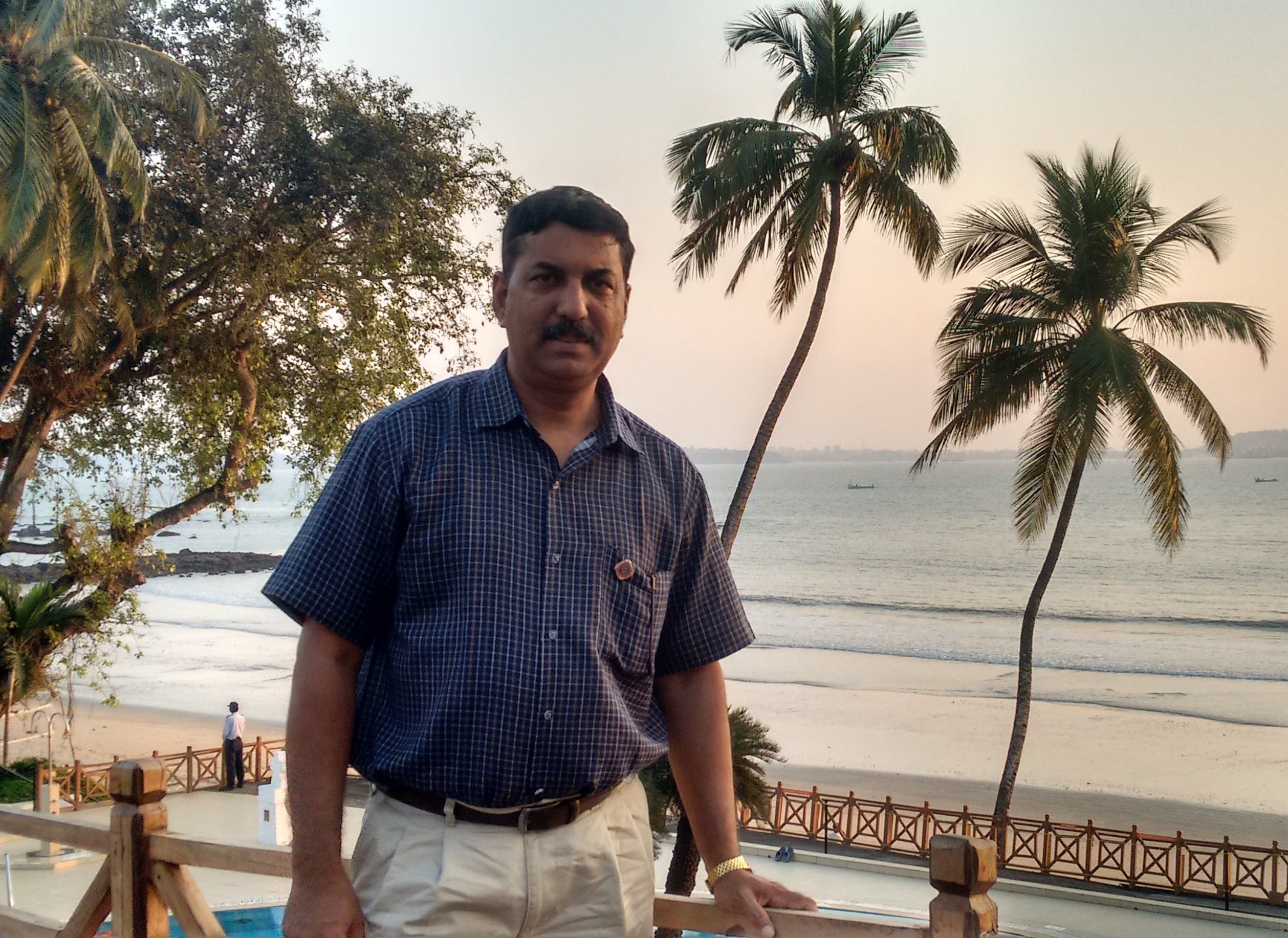
Chef Moses Fernandes passed out from IHM in 1987 which was the first batch of IHM Goa and it has been 33 years for him in this industry.
In the year 1948, his father went to work in Kuwait for Kuwait Oil Company (KOC) as a cook, a respectable profession those days. Twenty three years later the Catering division was taken over by a contract company and he along with host of fellow Goans had to wind up from Kuwait. After few years in Goa he was relocated by his recruitment company to Muscat due to his good service record. When he used to come home, he would get small menu cards. Chef Moses found it very fascinating and got very interested in food. He joined the Food Craft Institute at Teen Building – Porvorim, for their One year course and found the course very interesting and from that time there was no looking back. He did a Cookery course, a Bakery course, each for one year. He also completed 3 years in IHM. So his theoretical knowledge is deep. Also, over the years, working with different chefs in the cruise lines and over a decade of experience In Bermuda, he has learnt a lot.
With regards to the definition of taste, Chef Moses says, “When you go for a wedding, say a catholic wedding , there is Cafreal with gravy on the buffet table. So each and every person thinks that Cafreal is a gravy item. If you give them the authentic Cafreal which is dry and without gravy they think you don’t know what you are cooking.
People don’t know what the actual and real dish is or what its taste like but they will say it is not tasty. Taste depends on the client to whom the food is served. They think you have limited knowledge of what they want because nowadays the food is diluted to such an extent that the authenticity is forgotten. Another example would be of Xacuti. If you give people the authentic Xacuti they will think it is coarse and too spicy and may not like it. So the definition of taste is debatable.”
Chef Moses keeps himself updated with the latest trends. He says, “Being updated is my passion. Most of the time if I am not doing anything, then I will be on the internet, either refining or finding new recipes. I have a 15 year experience of teaching but even today when I prepare for a class I will go to YouTube and on the internet to revise how a particular dish is done so that I can give the best of knowledge to my students.
Many of my previous students who have passed out and are working abroad ask me if I want anything when they come on vacation. I tell them to just get me the menu card from their restaurant or cruise lines which I then compare to the old menu cards that I have. I try to find out what is different. I also write a few recipes for my local church magazine. I try to make the recipes innovative and simple for the local people. When I update myself I look to be one up to my students.”
“I think now a days with all the modern gadgets, marketing has become very easy. Majority of the population, 5 to 10 years ago, used to watch TV. Now hardly a few do because you’re on mobile and with a click of a few buttons you can find which restaurant is the closest or which is the restaurant that serves the food of your choice or the fastest, or which restaurant has parking etc. Everything is at your fingertips. So which ever business you have, you have to be at the top with these modern gadgets to be a winner.”
In the next few years, he and his professional friends are very keen on opening their own institute for catering under which they will train chefs, bakers, waiters, front office, housekeepers, ensure skill development etc.
Chef Moses expressed that food is what drives him. “I am a foodie. I am not fascinated much by drinks or gadgets but if I see food then that excites me. I really like to see and taste. The very fact that I am around food or surrounded by food is very exciting for me. I believe success is something that automatically comes to me due the passion and interest I have for this field. I am blessed. In every place that I worked I was blessed to have good and knowledgeable European chefs from whom I learned a lot. Every job helped me to be capable for the next job. So every time I changed my job I went for a higher designation or higher pay or better success. You must qualify yourself with the basic skills, be thorough and success will follow. You won’t have to run after it. So having strong basic skills is the mantra for my success. The basic skills of the culinary world and science of cooking, sadly, is lacking in many people in our profession.”
To the readers he would like to say, “Be passionate at what you do. And like I tell all my trainees and students, even if you leave this line, wherever you go, the learning is not lost especially if you have done hotel management. They train you to possess such skills that no matter which profession you enter into, you will be very helpful. It’s just the application. So don’t waste your time, learn as much as possible and make the best use of the faculty. Most of the time we take our teachers for granted and then one fine day you realise that what you learnt in the 8th standard is very much applicable after 20 years. No matter the profession you are in, make your base strong.”
Chef Moses was then asked the question of the changes he would like to suggest to the courses of IHM. He mentions, “One of the most important thing about IHMs in general or any catering institute is that faculty lack the industry experience. The industry has grown to such an extent that the IHM syllabus is almost obsolete and outdated. So it is very much necessary for the faculty not only to update themselves but to get into the industry, have hands on experience and see what are the modern techniques, equipments and modern demand and modern changes in the culinary industry. So this way the faculty can relate to the students better. What happens is that the students, in the second and the third year, come back from their industrial training, having worked with modern gadgets and equipments, new menus and the modern chefs whereas the faculty is stuck with the same old books and syllabus. So they cannot relate very well. No doubt here are a few faculties who like to update themselves. But we need to make industrial training compulsory for the faculties and that will improve the standard by leaps and bounds. The govt should also reduce the number of students admitted in IHMs because now a day each faculty has a batch of 50 to 60 to 70 students. This makes professional teaching very difficult.”




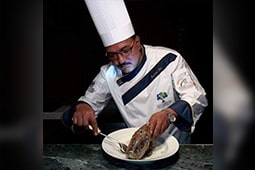
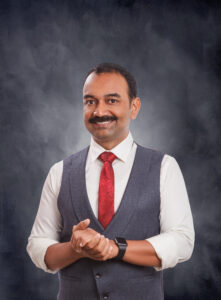
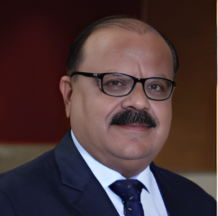
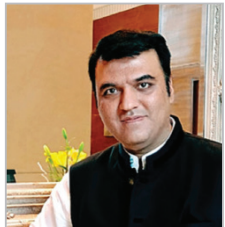




Leave a Comment